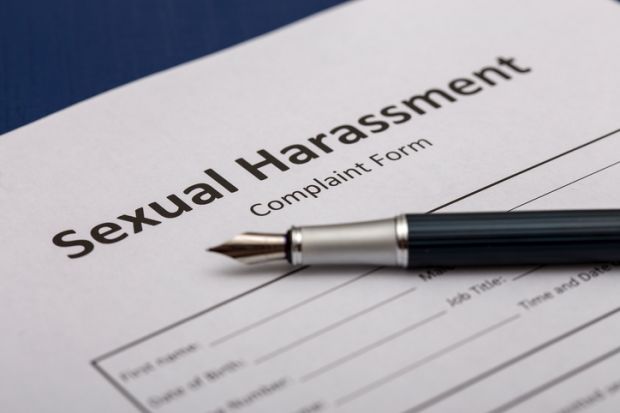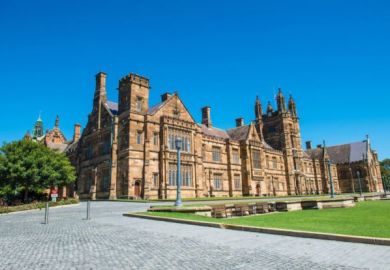An inquiry into sexual misconduct at the University of Tasmania has found that the institution is ill-prepared to manage the problem, with first responder duties allocated to contract security staff who have guard mentalities and a “low level of training”.
The report, by former Tasmanian anti-discrimination commissioner Robin Banks and human rights consultant Indira Rosenthal, says just one of these responders is available to patrol the university’s five campuses at night.
The inquiry, commissioned on the back of an Australian Human Rights Commission report last August, has recommended 45 changes to Tasmania’s policies and procedures around sexual offences. The university has committed to implementing all of them.
“Our goal is zero when it comes to sexual assault and sexual harassment in our university community, so we are being fully transparent with this report to ensure we are accountable to our students, our staff and the public,” said vice-chancellor Rufus Black. “The community needs transparency from its institutions on an issue as important as this and we are committed to providing it.”
The report has been released as Australia’s higher education regulator nears the end of at least one probe into Tasmania. The Tertiary Education Quality and Standards Agency confirmed that it was investigating a complaint by lobby group End Rape on Campus, which had protested about the university enrolling a convicted sex offender.
TEQSA said that this was one of two current investigations based on complaints of a similar nature. It had also issued “please explains” to at least four universities that had attracted media coverage over harrowing assaults and hazing rituals detailed in “The red zone” report in February.
The agency has also announced that it will include student well-being and safety in the standards universities and other higher education providers are assessed against when they seek reregistration.
The report into Tasmania, whose registration expires in October, uncovered “a lack of knowledge and awareness in the university community about what conduct constitutes sexual assault and sexual harassment”.
It said that the university did not clearly distinguish “sexual assault” from “sexual harassment” in its prevention and response approaches.
The inquiry found that Tasmania had no single identified authority with oversight responsibility for the issue. “The university may not have fully assessed risks associated with sexual assault and sexual harassment, nor adopted effective risk control and mitigation strategies,” the report says.
“The recent reforms aimed at addressing gaps the university has already identified need further significant development if they are to deliver change.”
In an email to students and staff, Professor Black said that the university had a lot of work ahead of it. “There are a whole set of things we need to address, and we will address every single one of them.
“The feedback is direct, and can be difficult to hear, but we are listening.”
The report says that the use of contract security officers as first responders does not inspire confidence in student representatives, who say that they lack the “approachability and sensitivity” needed for sexual harassment disclosures.
It says that there are six security staff on duty by day but just two by night, one of whom is confined to the control room, and the university intends to replace its specialist security manager with a generalist contract manager who also looks after catering.
Register to continue
Why register?
- Registration is free and only takes a moment
- Once registered, you can read 3 articles a month
- Sign up for our newsletter
Subscribe
Or subscribe for unlimited access to:
- Unlimited access to news, views, insights & reviews
- Digital editions
- Digital access to THE’s university and college rankings analysis
Already registered or a current subscriber?









